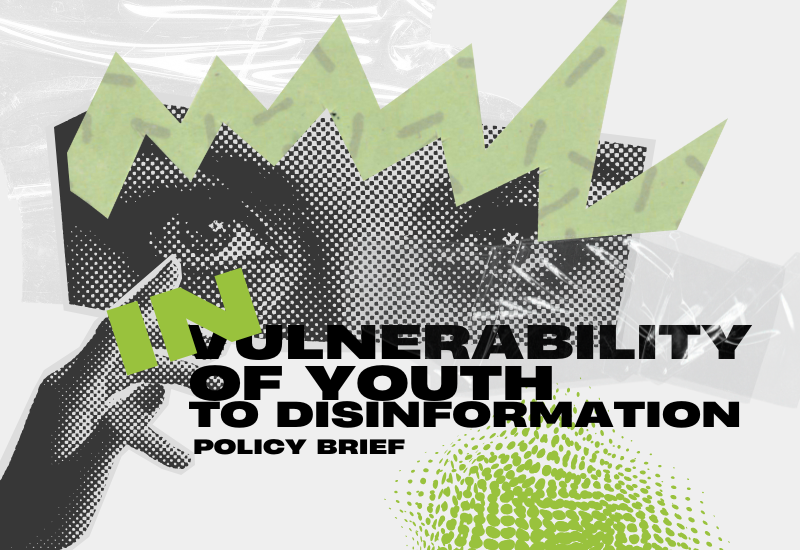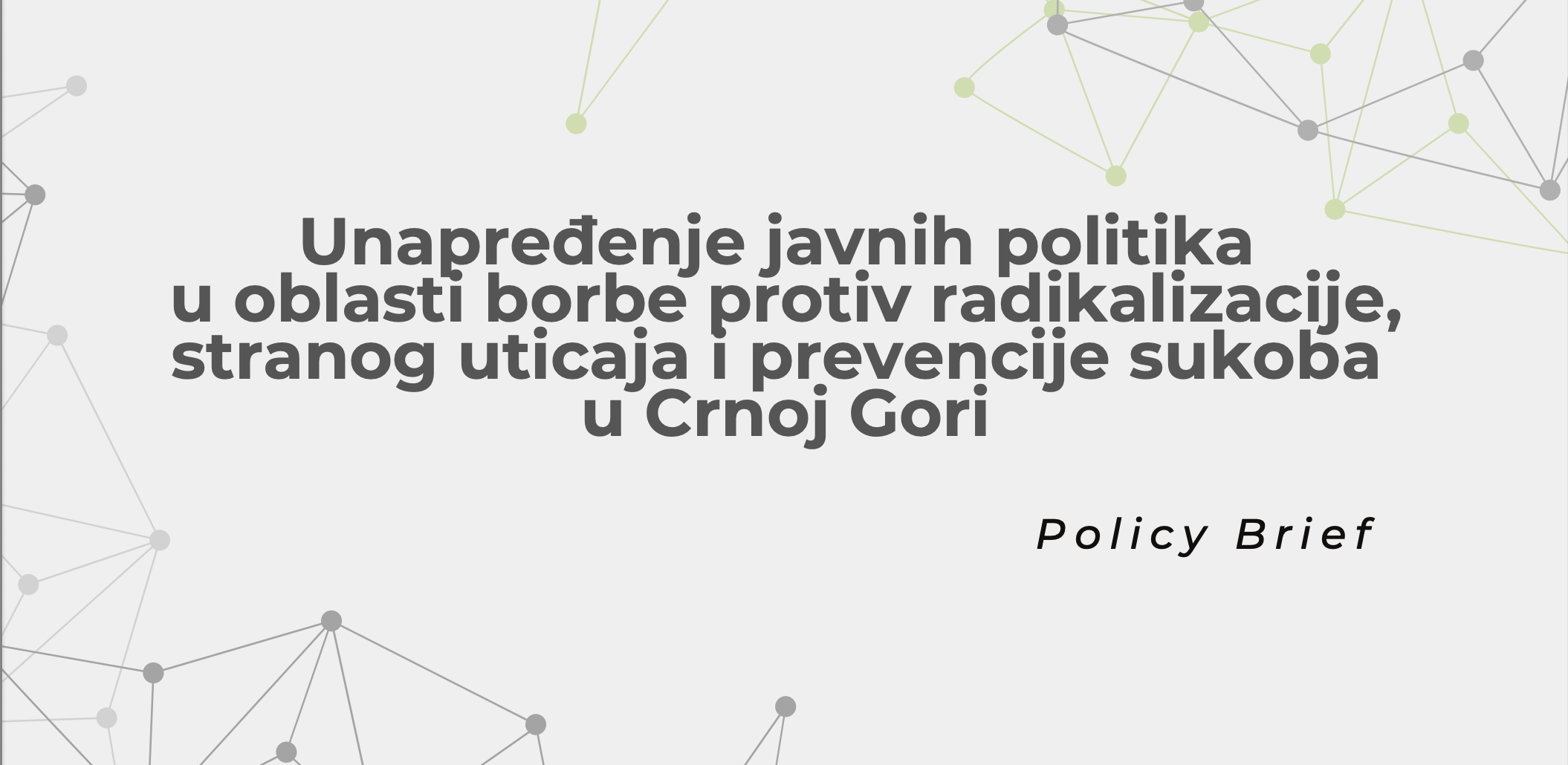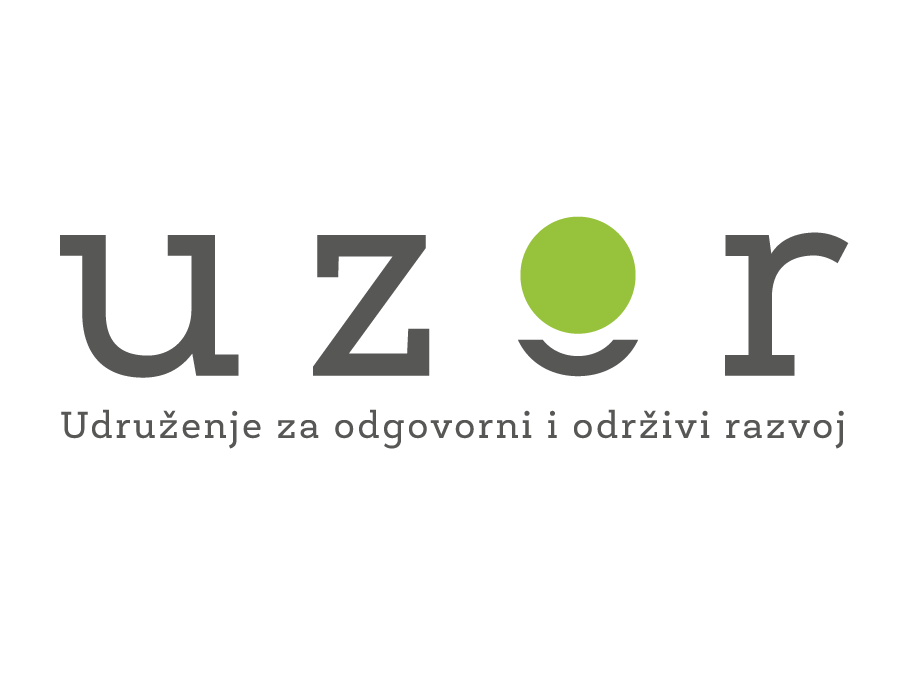This narrative report explores the mechanisms of political polarization and hate speech in Montenegro, with a focus on rhetorical strategies that deepen social divisions, particularly through the manipulation of national identities and foreign influence. Starting from the premise that democracy is not a space without conflict, but a framework in which disagreements are resolved through argumentation, the report examines how dissent is transformed into antagonism, the demonization of political opponents, and the radicalization of public discourse.
By analyzing seven concrete examples of “poor argumentation,” the authors demonstrate how frames such as “fake nations,” “foreign agents,” or “traitors” are used to construct enemy images that hinder rational debate and encourage exclusion. Particular emphasis is placed on the concept of the “pyramid of hate,” which visually illustrates how rhetorical escalation can lead to the social normalization of discrimination and, ultimately, political violence. Within this context, patterns like the “slippery slope” are also analyzed, as they serve to connect certain political positions with extreme outcomes without any factual basis—thus justifying the exclusion of entire groups from legitimate public discourse.





